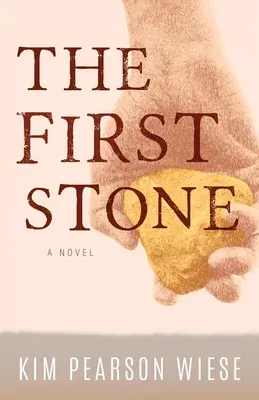Chava is still just a girl when she makes a life-changing decision; to
escape from abuse that threatens to follow her, she enters an arranged
marriage with a stranger in Jerusalem. Unfortunately, Jerusalem is not
far enough away. When her abuser turns up in the city, Chava is again
forced to seek safety wherever she can find it--but the results are
disastrous. Caught and brought before a rabbi, Chava is faced with the
consequence of being stoned to death. The rabbi refuses to condemn her,
but in the midst of a culture that values honor above all, Chava's life
is stained with the public disgrace of what she has done. That shame
weighs down her path, but her path is also interwoven with faith, as she
struggles to live with the disgrace, and maybe even find a way out.
Chava's story is inspirational in its exploration of abuse and dishonor,
the damage done by both, and the challenges faced by a young woman
striving to cope with that damage. It gives rise to an understanding of
infidelity, still relevant today, two thousand years after Chava's story
takes place. Beginning with an arranged marriage in first-century
Jerusalem, her journey is about so much more--the burden of abuse and
shame, and the relevance of faith amidst it all.

